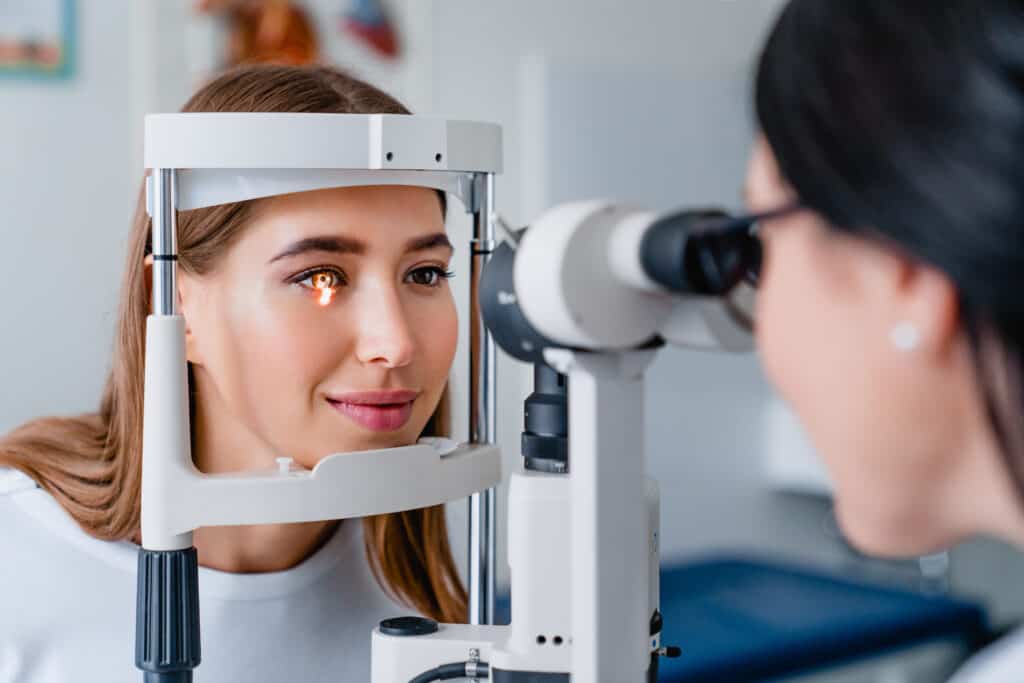Our eyes are one of the most important organs in our body, yet we often neglect to take care of them. Regular eye exams are crucial to maintaining healthy eyesight and detecting any potential problems early on. In this article, we will explore some of the top 7 reasons to get an eye exam, along with supporting evidence from reliable sources.
- Early detection of eye diseases
Many eye diseases, such as glaucoma and macular degeneration, have no symptoms in the early stages. This means that a person may not realize they have a problem until irreversible damage has been done to their eyes. Regular eye exams can detect these conditions early on, allowing for prompt treatment and preventative care.According to the American Optometric Association (AOA), adults should have a comprehensive eye exam at least once every two years, and more frequently if they have a family history of eye disease or other risk factors. Children should have their first eye exam at six months of age, followed by exams at age three and again before starting first grade.
- Assessment of visual acuity
Visual acuity refers to the sharpness of a person’s vision. An eye exam can determine if a person has any refractive errors, such as nearsightedness, farsightedness, or astigmatism. These conditions can be corrected with glasses or contact lenses, improving a person’s quality of life. - Monitoring of eye health with chronic conditions
Certain chronic conditions, such as diabetes, can affect eye health. Regular eye exams can help monitor for any changes and prevent complications such as diabetic retinopathy. According to the National Eye Institute (NEI), people with diabetes should have a comprehensive eye exam at least once a year. - Identification of eye strain or fatigue
Many people spend long hours in front of a computer or other digital devices, leading to eye strain or fatigue. Symptoms can include dry eyes, headaches, and blurred vision. An eye exam can determine if a person’s symptoms are related to eye strain and offer solutions, such as eye drops or special glasses designed for computer use. - Detection of eye problems in children
Early detection of eye problems in children is crucial for their development and academic success. Vision problems can lead to difficulties in reading, writing, and other tasks, potentially impacting a child’s self-esteem and overall well-being. By scheduling routine eye exams, you can catch these vision problems early on and aid in your child’s success! - Prescription changes
A person’s vision can change over time, especially as they age. Regular eye exams can determine if a person’s prescription needs to be adjusted, allowing for better vision and reducing the risk of eye strain or fatigue. - Prevention of eye injuries
Eye injuries can happen at any time, whether at work, during sports activities, or at home. Regular eye exams can identify potential hazards and offer solutions, such as protective eyewear, to prevent eye injuries.
In conclusion, regular eye exams are essential for maintaining healthy eyesight and detecting any potential problems early on. They can identify eye diseases, assess visual acuity, monitor eye health with chronic conditions, identify eye strain or fatigue, detect eye problems in children, determine prescription changes, and prevent eye injuries. It is recommended that people of all ages benefit from taking care of their eyes by scheduling routine eye exams.
References:
- American Optometric Association. (2021). Comprehensive Eye and Vision Examination. https://www.aoa.org/patients-and-public/caring-for-your-vision/comprehensive-eye-and-vision-examination
- National Eye Institute. (2021). Diabetic Eye Disease. https://www.nei.nih.gov

